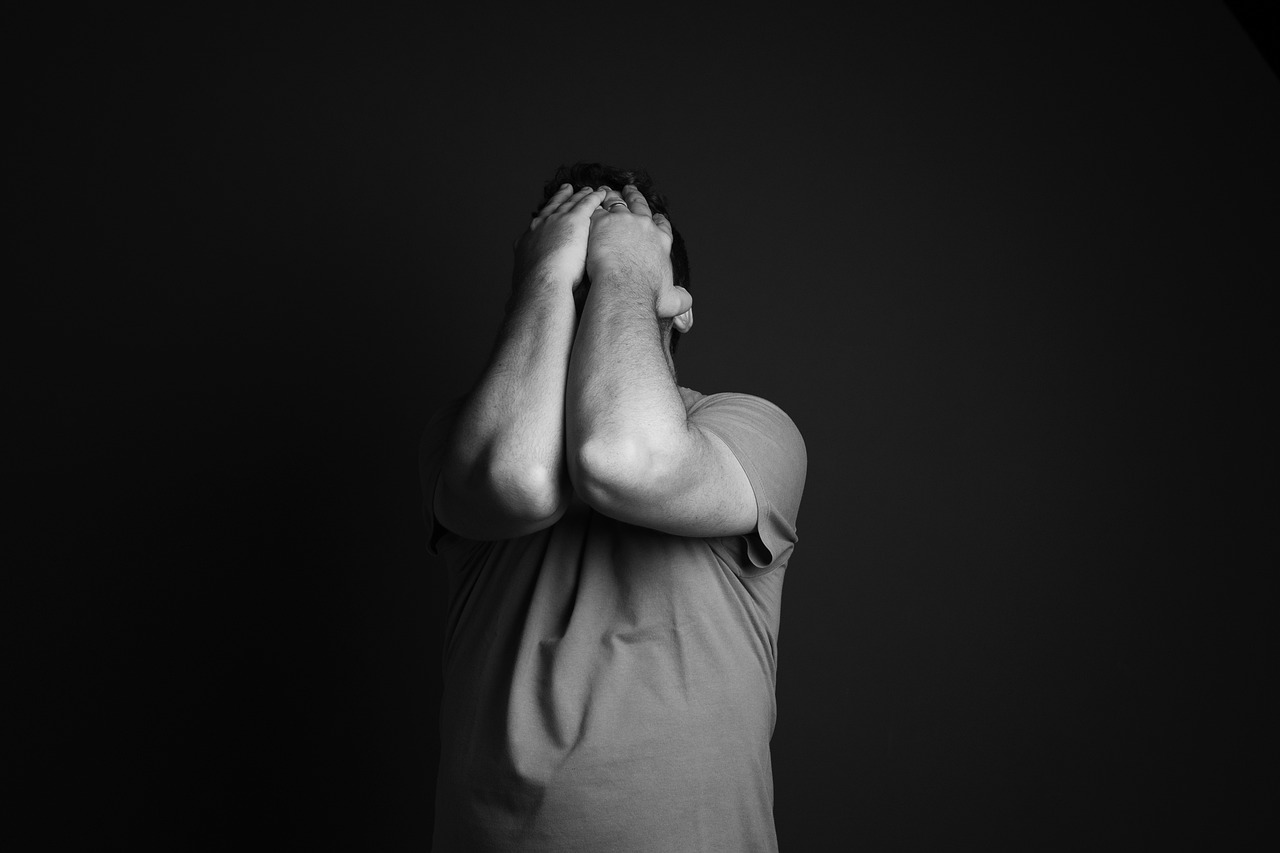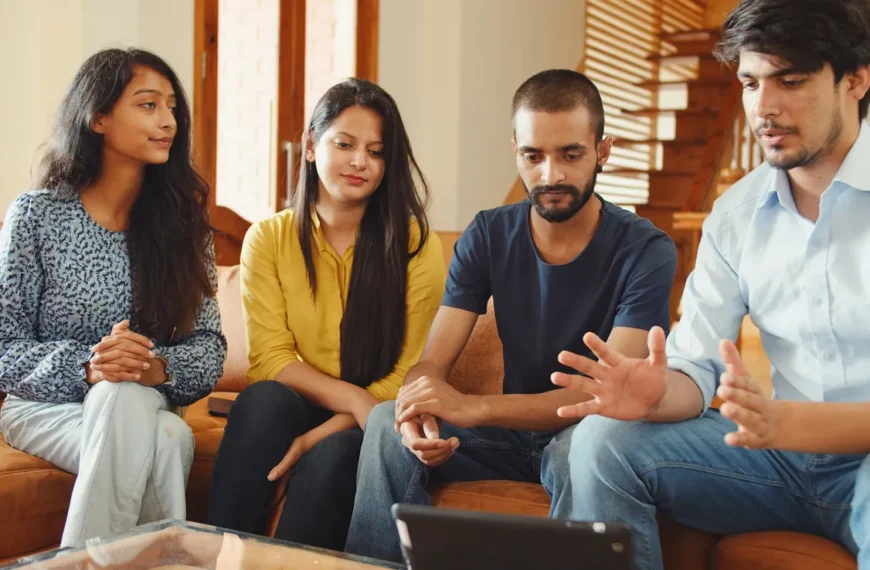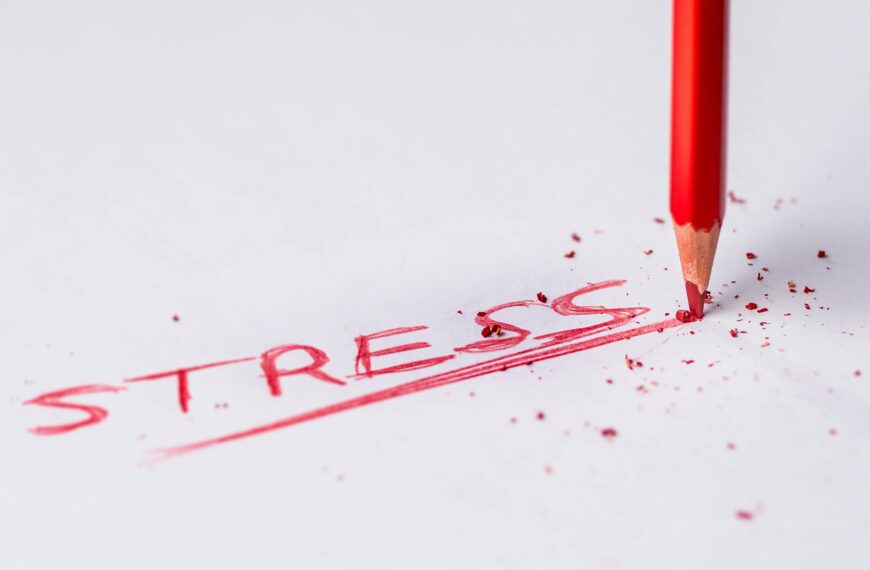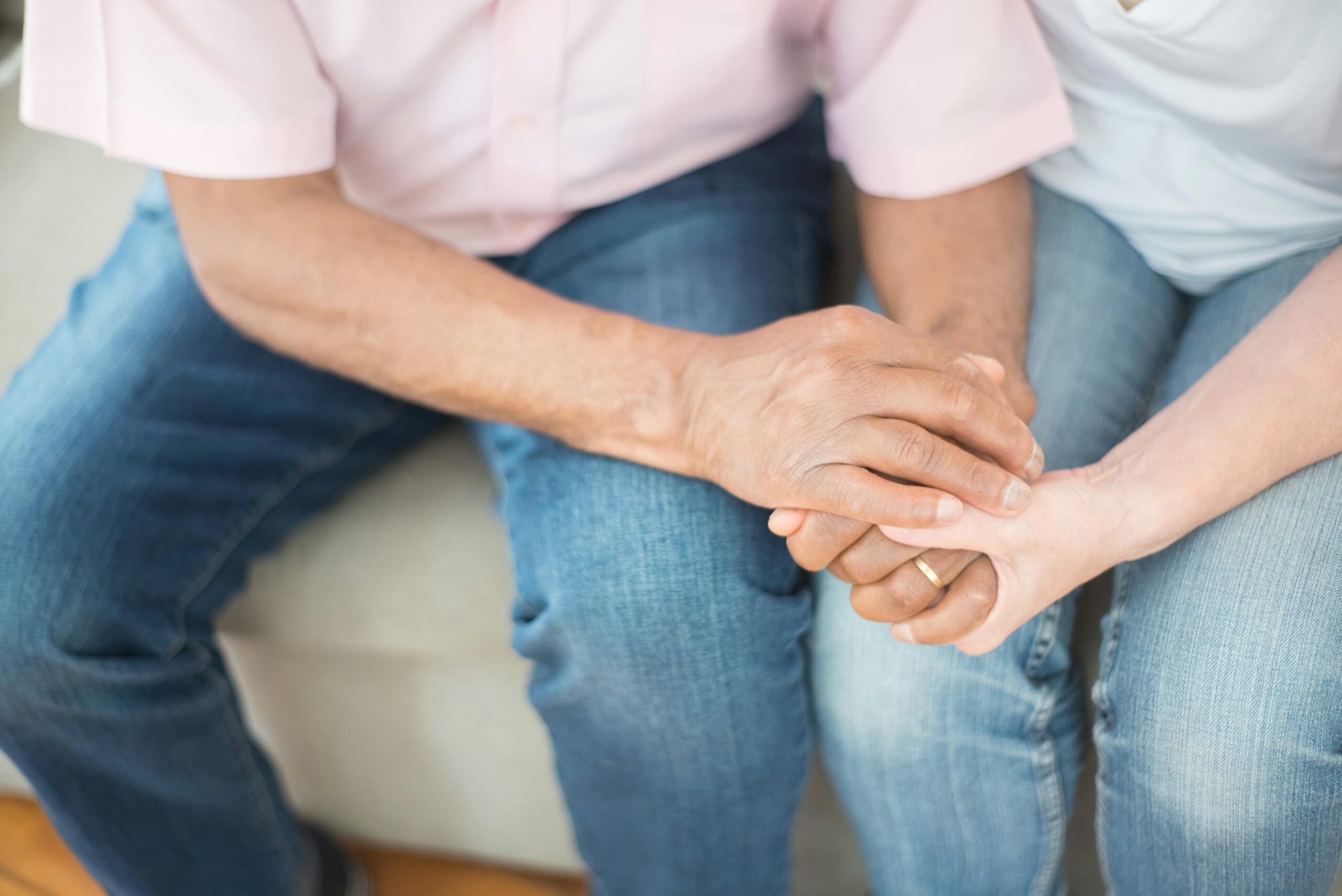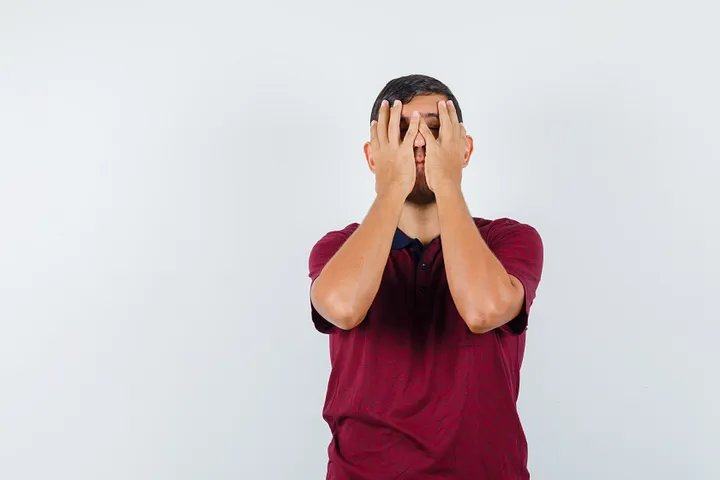In today’s fast-paced world, anxiety is emerging as a silent epidemic, particularly in India’s urban centers. The growing demands of work, social expectations, financial stress, and the pressure to achieve are contributing to a rise in mental health issues, with anxiety being at the forefront.
According to a recent report by the World Health Organization (WHO), nearly 38 million Indians suffer from anxiety disorders, making it one of the most common mental health concerns in the country. In fact, the National Mental Health Survey (NMHS) found that anxiety disorders are the most prevalent mental health issues in urban India, affecting 3.6% of the population. However, these numbers may be understated, as mental health issues often go undiagnosed due to societal stigma and lack of awareness.
What Anxiety Looks Like in Urban India
In India’s bustling cities, anxiety manifests in unique ways. Many individuals experience:
- Constant worry about career progression, financial stability, or societal pressure to conform.
- Physical symptoms such as headaches, rapid heartbeat, and digestive problems, often misattributed to physical ailments.
- Sleep disturbances where stress from work or personal life leads to insomnia or restless sleep.
- Social withdrawal where people avoid gatherings or important networking opportunities out of fear or apprehension.
The fast-paced life in urban areas like Mumbai, Delhi, and Bengaluru amplifies these symptoms. Long working hours, congested living conditions, the pressure of maintaining social status, and rapid technological changes contribute to an overwhelming sense of stress.
Why Are Anxiety Levels Increasing in India?
Several factors contribute to the rise of anxiety in India, especially in its urban population:
- Workplace Stress: Corporate life often demands long hours, high performance, and constant multitasking, leading to burnout and anxiety. A study by the Indian Psychiatry Society reveals that 42.5% of employees in the private sector experience anxiety or depression.
- Social Media Influence: The rise of social media has exacerbated feelings of inadequacy, with individuals constantly comparing their lives to the curated versions of others’ success and happiness.
- Financial Pressures: Rapid urbanization and the high cost of living in cities are putting immense pressure on individuals and families. The fear of job loss or financial instability can trigger anxiety, particularly among young professionals.
- Lack of Work-Life Balance: With 60% of urban Indians experiencing poor work-life balance, the demands of career and personal life are becoming increasingly blurred, leading to chronic stress and anxiety.
Coping Mechanisms for Managing Anxiety
Despite the rising anxiety levels, there are effective coping strategies that can help manage and alleviate these feelings:
- Mindfulness and Meditation: Practicing mindfulness through meditation or yoga has been shown to significantly reduce anxiety. Studies suggest that just 10–15 minutes of mindfulness meditation a day can lower stress levels and improve emotional well-being.
- Physical Activity: Regular exercise, whether through walking, running, or hitting the gym, is one of the most effective ways to reduce anxiety. Engaging in 30 minutes of physical activity daily releases endorphins, which act as natural stress relievers.
- Prioritizing Sleep: Ensuring a good night’s sleep is crucial to managing anxiety. Establishing a regular sleep routine, reducing screen time before bed, and creating a peaceful sleep environment can help reset the mind.
- Talking to a Professional: Therapy and counseling are becoming more accessible in India. Seeking help from a mental health professional provides tools to manage anxiety more effectively and address its root causes. Platforms like InnerAlly offer access to experienced counselors who specialize in stress and anxiety management.
- Setting Boundaries: Learning to say “no” and managing expectations in the workplace and social settings can prevent the buildup of stress. A strong support system of friends and family can also make a significant difference in reducing anxiety.
- Practicing Self-Compassion: Self-compassion involves treating oneself with kindness during difficult moments, as you would a friend. This mindset can help reduce self-criticism, which often exacerbates anxiety.
Seeking Support: How InnerAlly Can Help
At InnerAlly, we understand the growing mental health challenges in today’s urbanized world. Our platform is designed to provide support, resources, and tools that can help individuals manage anxiety effectively. Whether through counseling, self-help content, or stress-relief techniques, we aim to create a safe space where mental well-being is prioritized.
With our mental wellness platform launching in November 2024, we are committed to helping you regain control, find balance, and overcome the pressures of modern life. Whether you’re dealing with work-related stress, social anxiety, or personal issues, InnerAlly is here to guide you through the journey of mental health.
By raising awareness about anxiety and offering practical coping mechanisms, InnerAlly aims to foster a healthier, more balanced life for every individual in urban India.
